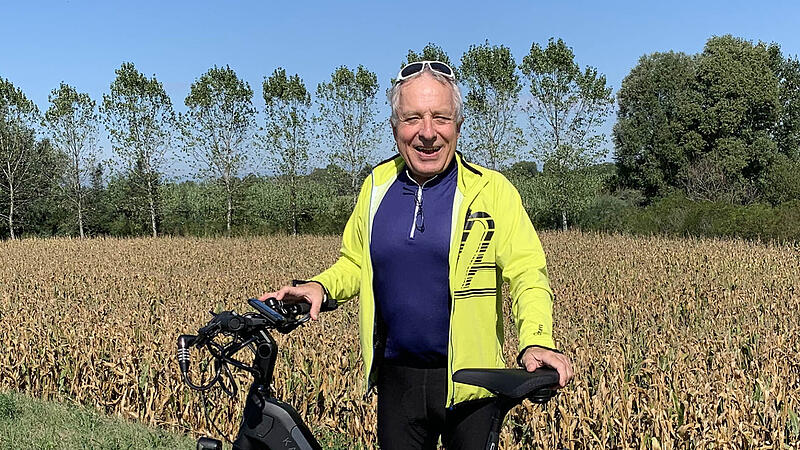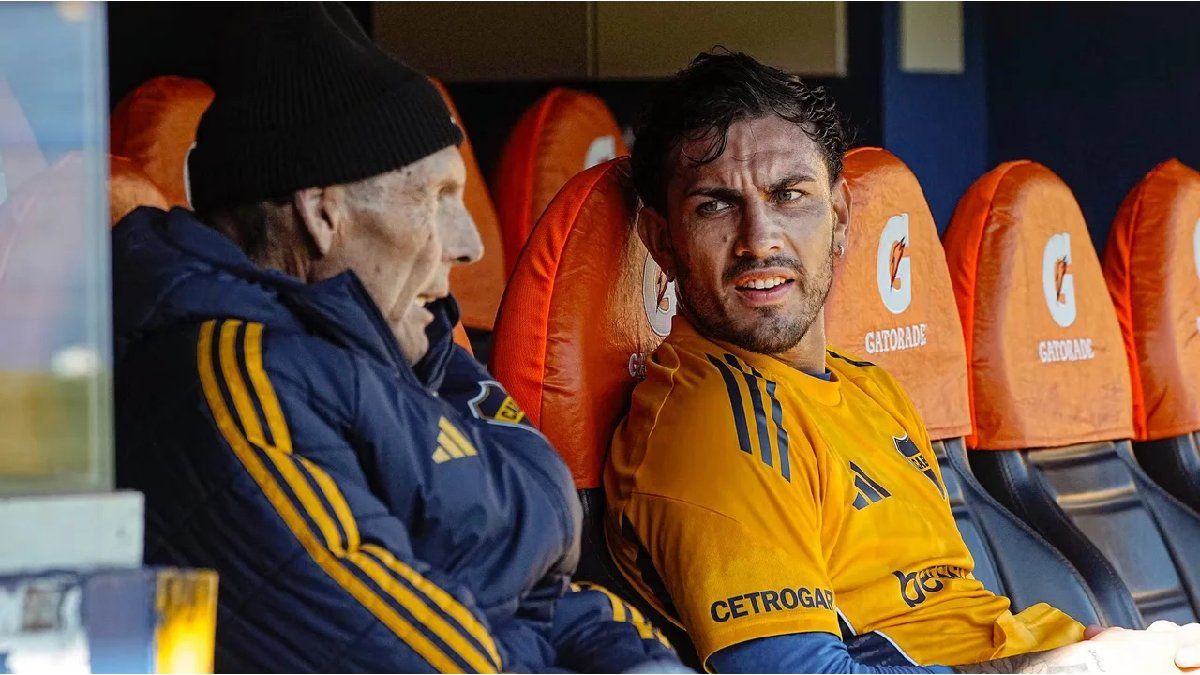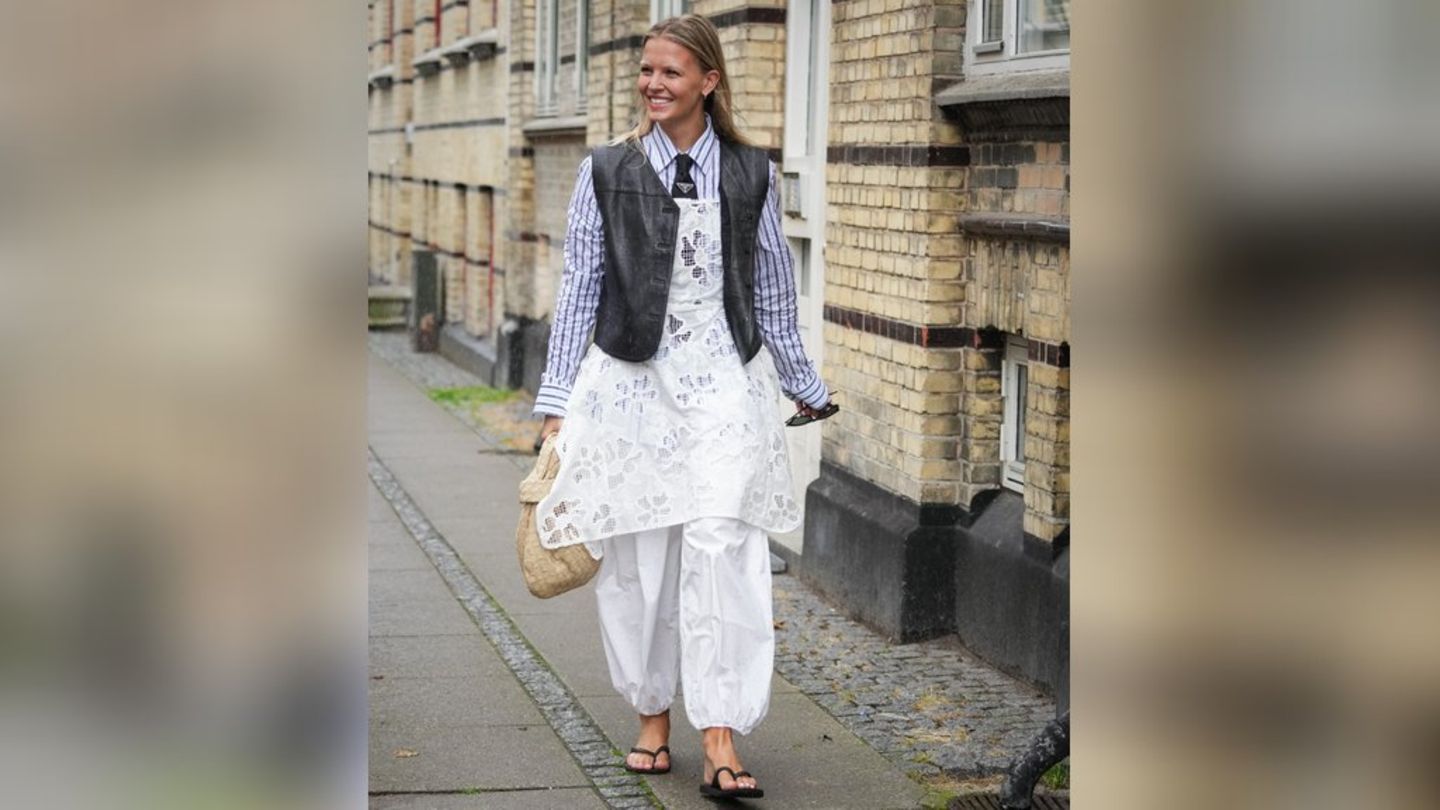“Would I do that to myself again? … Probably not after the last two years,” says Manfred Traunmüller about his “Donau Touristik”. He is considered the inventor of the Danube Cycle Path and his company gets thousands to cycle every year. He is constantly on the move himself, mountain bike in winter and racing bike in summer – only e-bike test rides are anathema to him.
Traunmüller’s passion for cycling started with a rickety Puch bike that his mother had given him with the words “At least no one will steal that from you!” Professionally, he later looked for a way in Upper Austria tourism with others to market the country more attractively: “The Tyroleans have their mountains, the Salzkammergut has mountains and lakes, but what do we actually have here in the north? – That’s what we asked ourselves at the time and we are came up with the idea of a cycle route along the Danube,” remembers Traunmüller. In his free time, he drove down the riverbank, mostly illegally at the time. “The stairway was closed, it belonged to shipping,” says Traunmüller.


Ultimately, there was a section between Linz and Aschach that was already well developed due to the power plant construction and for which a permit for cyclists could be negotiated: “We put up signs like for a motorway, huge,” Traunmüller laughs today – but it was a success, the cyclists came. New sections were soon added, more guests brought more awareness and more overnight stays. “At the time, privatization was the order of the day, one would have preferred to outsource everything,” says Traunmüller about his not entirely voluntary start to an entrepreneurial career: The marketing of the Danube cycle tours was to be privatized and in the end he dared to take the step.
At peak times before the Corona pandemic, it became a company with more than 200 employees and bases on the Danube, Lake Constance and Adige in South Tyrol, which transports around 50,000 passengers on ships and looks after more than 40,000 cyclists every year. During the pandemic, Traunmüller sold a ship, so there are now 160 employees again – but: “We didn’t have to lay anyone off,” says Traunmüller proudly.
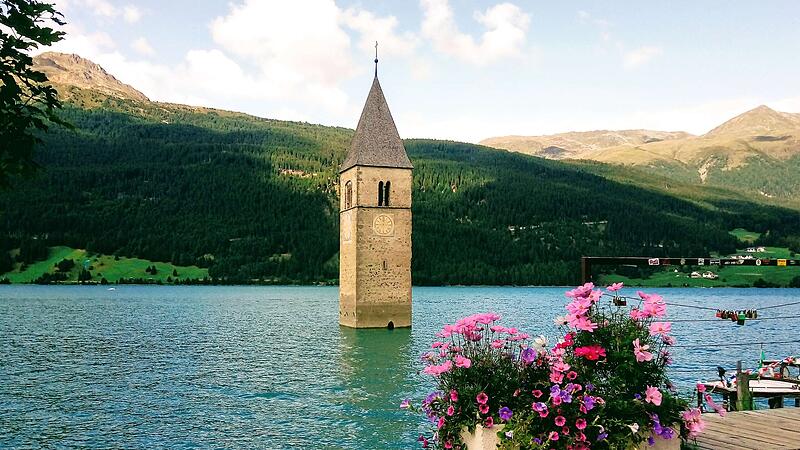

Wels-Linz: Commuting by bike
He still commutes by bike from Wels to work in Linz, but treats himself to a return trip by train four times a week: “Especially in winter, it gets dark too early for me,” he says. The really bad days are not those with many minus degrees, but with cold and rain. Because his path leads for kilometers through the Traunauen, he also shies away from black ice with the risk of lying helpless for hours after a fall. “Cycling has always been a hobby for me, but I’ve never raced,” says Traunmüller. He doesn’t find cycling to be strenuous at all, in contrast to the 35 minutes of gymnastics he does every day for flexibility and muscle building.


With his company, Traunmüller is now the owner of over 6,500 bikes. New ones are constantly being bought and after three to four years of rental, the old ones are sold off again. Mechanics in the service stations ensure that they are in perfect condition. There are also 1,200 e-bikes that have to be replaced every three years at the latest. Not an easy task in times of material shortages. “We just had to take on a new supplier, now there are three – that makes the storage of spare parts more complicated again,” says Traunmüller. The e-bikes have to cover at least 70 km so that no guest runs out of juice at the end of a day’s stage. “We also have to reckon with a headwind or that someone turns up the heat all the time and drives with the turbo setting,” says Traunmüller.
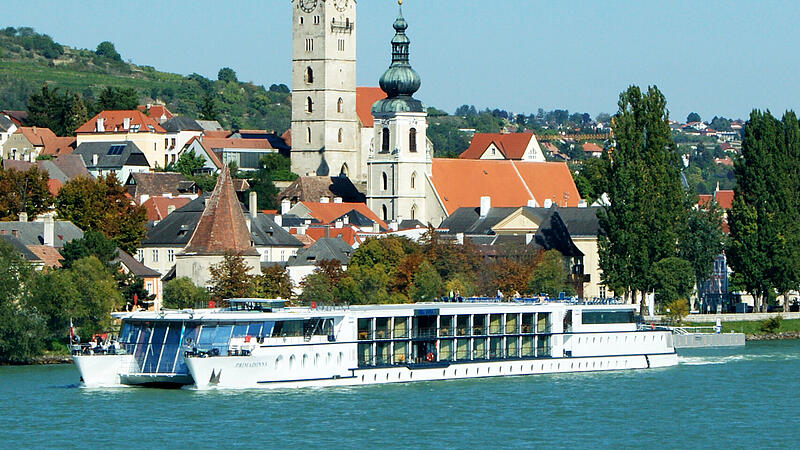

Telephone service: “Pick me up!”
He even does the telephone service on weekends and knows the calls that come then. “Then it says: ‘I’m somewhere between Passau and the Schlögener Schlinge, pick me up right away!'”, he says. However, this is an experience that Traunmüller himself had to make on his countless test tours: “Once we visited paths in the Lüneburg Heath, starting from a hotel with day tours in different directions. The boss recommended a good inn to us 35 kilometers away, and when we got there, it had been closed for a year. We drove back with rumbling stomachs,” he reports.
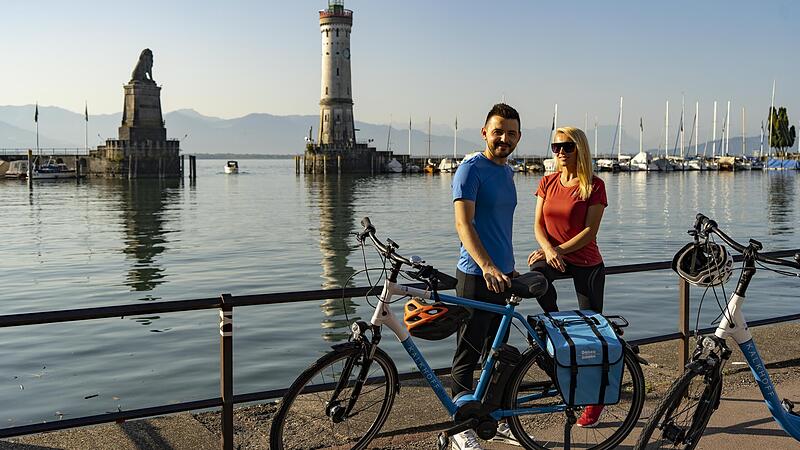

In Linz, too, the work of persuasion wasn’t easy at first: “The guests expect comfort, after they’ve cycled they want at least a four-star hotel,” says Traunmüller. With the stage planning, it is not so easy to always find suitable accommodation, not even in Linz. So he made a pilgrimage to the then director of the Hotel Schillerpark and suggested that he work together. “What? Cyclist?” was the reply. “They’re dirtying the Persian carpet at reception!” Traunmüller was able to convince the hotelier that the bikes should stay outside – but the carpet in the foyer had disappeared during the cycling season. After more than 40 years, Traunmüller now sends cyclists on tours from the Baltic Sea to Tuscany, the network of rental and service stations has to cover more than 1600 kilometers.
“The Lake Constance cycle path and the Etsch in South Tyrol have long overtaken the Danube, and our ship MS Primadonna makes us very happy with more than 90 percent occupancy,” he says. Of course, there have also been setbacks: for example, the attempt to connect the famous Loire castles in France with a cycle route along the river. “That would be a dreamlike landscape, but there is often nothing there for 50 kilometers, no inn, no hotel, when we went shopping in a small shop they thought we wanted to mug them and almost threw us out,” he recalls of the test drive. The tour in the direction of the Danube Delta was ultimately a flop: in Bulgaria, the supposed “cycle path” turned out to be a four-lane expressway with life-threatening truck traffic.
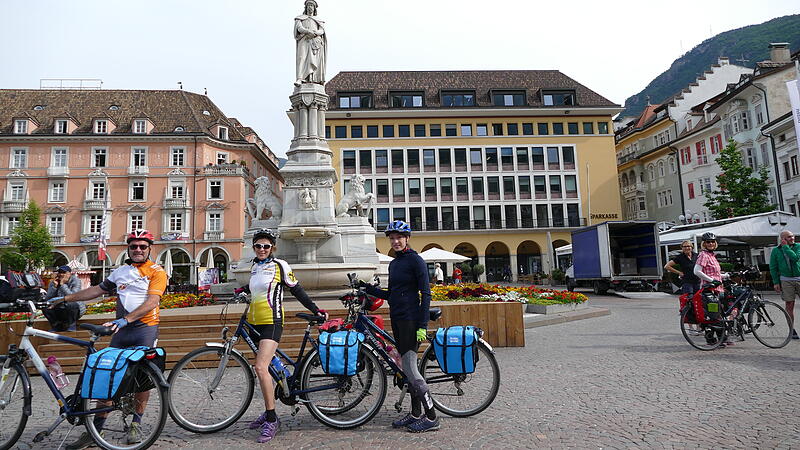

Nevertheless, Traunmüller sees a successful future for cycling and cycling tourism: “More and more small groups with married couples who go on tours together, and women’s or men’s groups, for which you just have to find single rooms in the same house, because split them up they definitely don’t want each other,” he says. Mixed groups with normal bikes and e-bikes are common, because “on some days the headwind along the Danube can be really bad” and that’s where the motor helps a lot. For the boss himself, an e-bike is still not an option: “It’s a punishment for me if I have to do test rides.”
Source: Nachrichten

